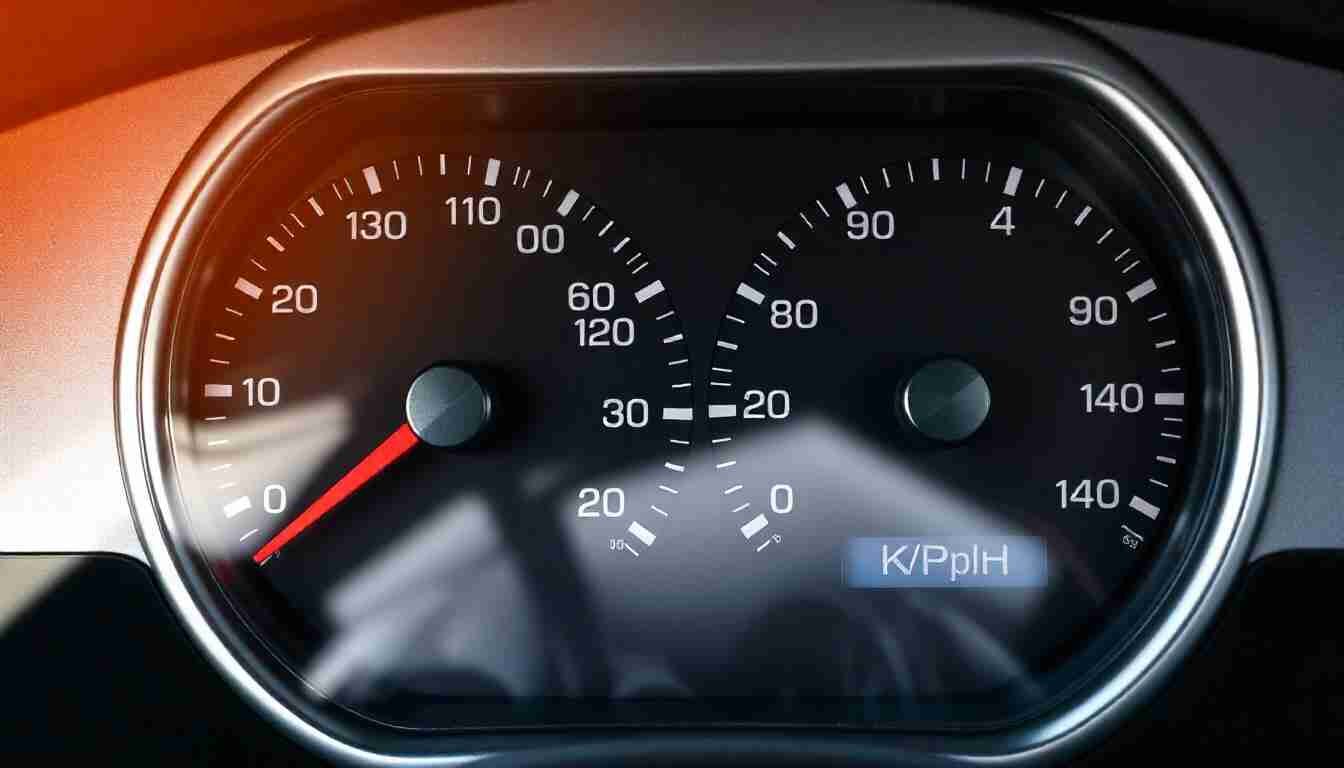
Speed Conversion: Miles per Hour, Kilometers per Hour, and Beyond
Speed, a measure of how fast something is moving, is a fundamental concept in physics and everyday life. Whether you're driving a car, watching a sporting event, or tracking a storm, understanding speed is crucial. But speed can be expressed in various units, leading to the need for conversion between them. This article delves into the world of speed conversion, focusing on common units like miles per hour and kilometers per hour, while also exploring other units and the importance of accurate conversion.
Common Units of Speed
Different parts of the world and various industries use different units to measure speed. Here are some of the most common ones:
- Miles per hour (mph): Primarily used in the United States and a few other countries, mph expresses speed as the number of miles traveled in one hour.
- Kilometers per hour (kph): The most widely used unit of speed globally, kph expresses speed as the number of kilometers traveled in one hour.
- Meters per second (m/s): Often used in scientific contexts, m/s is the SI unit for speed, representing the number of meters traveled in one second.
- Knots (kn): Commonly used in maritime and aviation, one knot is equal to one nautical mile per hour.
Converting Between Miles per Hour and Kilometers per Hour
The conversion between miles per hour (mph) and kilometers per hour (kph) is frequently needed, especially when traveling internationally or dealing with data from different sources. The key to this conversion is the relationship between miles and kilometers:
- 1 mile = 1.60934 kilometers
Therefore, to convert mph to kph, you multiply the speed in mph by 1.60934. Conversely, to convert kph to mph, you divide the speed in kph by 1.60934.
Example:
- Convert 60 mph to kph: 60 mph * 1.60934 = 96.56 kph
- Convert 100 kph to mph: 100 kph / 1.60934 = 62.14 mph
While manual calculations are possible, using a Speed Converter tool like the one available on toolsbing.com can simplify the process and ensure accuracy. These tools provide a quick and easy way to convert between mph and kph, saving time and effort.
Converting to Other Units of Speed
Converting between other units of speed often involves a combination of conversion factors. Here are some examples:
- Meters per second (m/s) to kilometers per hour (kph): Multiply the speed in m/s by 3.6. This is because there are 3600 seconds in an hour and 1000 meters in a kilometer.
- Knots (kn) to kilometers per hour (kph): Multiply the speed in knots by 1.852. This is because one nautical mile is equal to 1.852 kilometers.
Online Speed Converter tools often include options for converting between various units, making it convenient to handle different scenarios.
Why Accurate Speed Conversion Matters
Accurate speed conversion is essential in various situations:
- International travel: Understanding speed limits and road signs in different countries requires converting between mph and kph.
- Scientific research: Scientists often need to convert between different units of speed when analyzing data or conducting experiments.
- Engineering and design: Engineers and designers rely on accurate speed conversions when working on vehicles, aircraft, and other systems that involve motion.
- Sports and recreation: Comparing the speeds of athletes or objects in different events may require converting between units.
Inaccurate speed conversion can lead to misinterpretations, errors in calculations, and even safety hazards. Using a reliable Speed Converter tool can help ensure accuracy and avoid potential problems.
Tips for Using Speed Converters
- Choose a reputable tool: Opt for a Speed Converter from a trusted source to ensure accuracy and reliability.
- Double-check the units: Pay close attention to the units you are converting from and to, as a simple mistake can lead to incorrect results.
- Use the correct conversion factor: Different units have different conversion factors. Make sure you are using the appropriate one for your conversion.
- Consider significant figures: When performing calculations, keep in mind the significant figures to maintain the precision of your results.
By using a Speed Converter effectively and understanding the importance of accurate conversion, you can confidently navigate the world of speed, whether you're dealing with miles per hour, kilometers per hour, or other units.